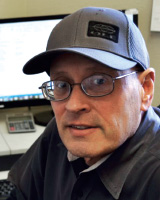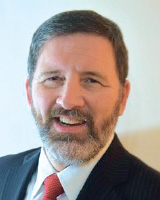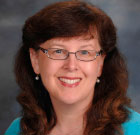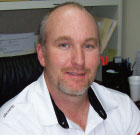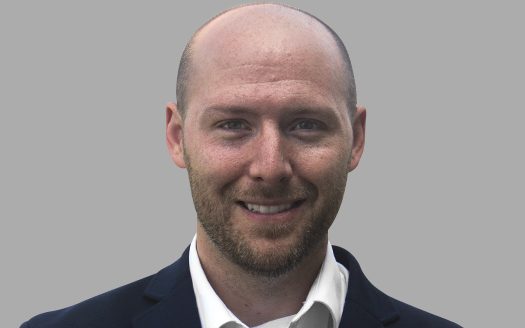Profile: Randy Bobbitt, CFPS
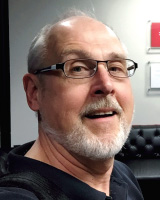
Why did you decide to work in the fluid power industry?
The fluid power industry found me in 1985 when Hydro-Line Mfg., a well-known industrial tie-rod cylinder company at the time, was in need of an electrical engineer to help integrate and support position-feedback sensors into “smart cylinder” products. My prior experience included biomedical, geo-exploratory, and aerospace electronics applications service and support. I was very challenged with hydraulics in the beginning; however, I found that my electronic background gave me an advantage on the basic hydraulic fundamentals, which made it curiously interesting. It did take me a while to become fully engaged in understanding all aspects of hydraulics…since, after all, it was very messy for an electrical guy!
What have you gained, personally and professionally, from your involvement with IFPS?
I became a member of the local IFPS chapter in Rockford, Ill., by the advice of my Hydro-Line peers when I began forming a network of like-minded fluid power colleagues. That sharing of experiences began to build my deeper understanding of fluid power components and circuit design. In my early five-year military career, I discovered that I had a passion for teaching others and achieved a Master Instructor designation, teaching avionic electronics to new recruits. I began to carry this passion into training my hydraulic peers and sales network about electronics. Any trainer will tell you that it is always a good idea to know more than your students…thus, my motivated interest in better understanding the hydraulic side of the story through fluid power training classes, which my peers and I taught in-house at Hydro-Line on a monthly basis utilizing early IFPS and Womack publications.
Why did you pursue IFPS certification, and how has it helped your career?
My IFPS team of peers and I created an initiative to prepare for the CFPS by holding weekly test review classes after hours. The group accountability factor built my motivation to achieve IFPS certification. For me, the IFPS certification value is a personal goal to “earn the right” to be an electrical guy in the fluid power industry. I would also say that the IFPS certifications have come a long way in being recognized by fluid power industry employers.
What have you learned so far by working in the fluid power industry?
The fluid power industry offers many challenging and unique opportunities. I often get the impression that most outsiders believe that it is not a lucrative or mainstream field. I believe that there is no way that my successes would have looked the same if I stayed in any other electronic-related industry.
Where do you see the fluid power industry heading in the next 10 years?
There will always be some form of fluid power industry; however, I believe that in the next 10 years, we may have to reform the meaning of “fluid” in “fluid power.” Electric solutions are on the rise, as we see the cost vs. performance vs. benefit becoming more affordable than ever. I realized this shift in the early 1990s, where I saw that the industrial side of the fluid power industry was migrating to pneumatic and electric solutions. At that time, I made my move out of industrial hydraulics into the mobile hydraulic side, knowing that it would take a while for horsepower-limited applications to be replaced by all-electric applications. The migration to electric is inevitable, and fluid power companies need to prepare for the migration.
What advice would you give someone just starting out in this industry?
I would advise anyone entering into the fluid power industry to focus on opportunities in mobile hydraulics. Mobile hydraulics will provide exciting opportunities in electro-hydraulic development.
What are some of your favorite hobbies or interests?
I enjoy family, community service, pleasure boating, international travel, and hiking. My interests include the human mind and quantum physics.
What is something people would be surprised to learn about you?
I rode a motorcycle round trip between San Bernardino, Calif., and Jacksonville, Fla. Along the way, I ran out of money, and destroyed and repaired a stranger’s motorcycle.
Randy Bobbitt can be reached at randy@kinesisdevelopment.com.

